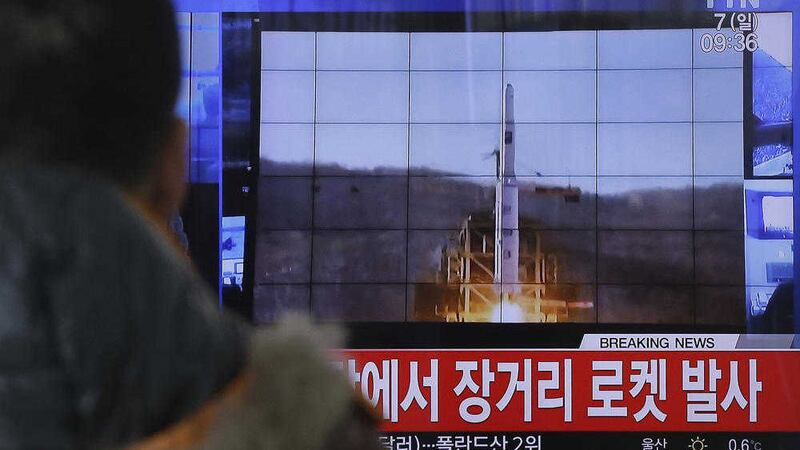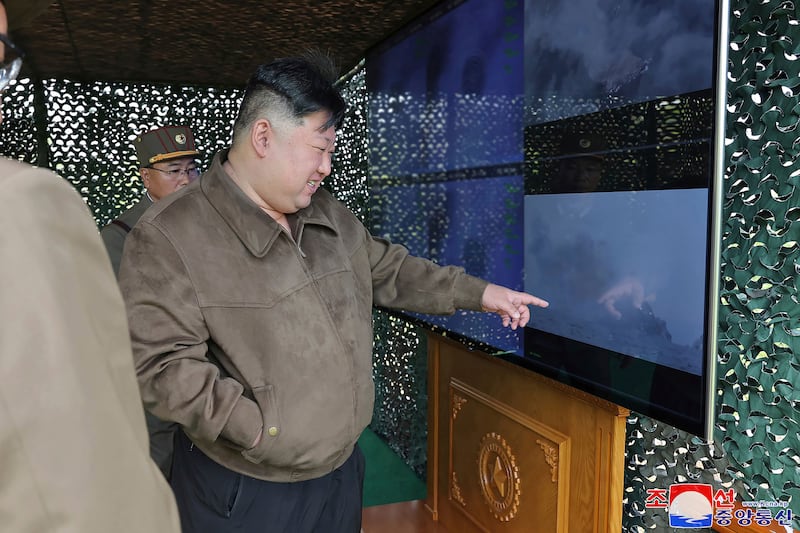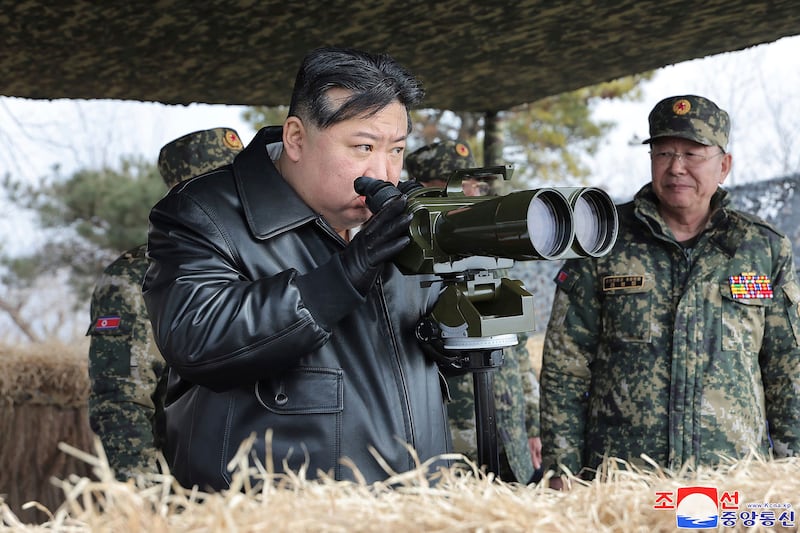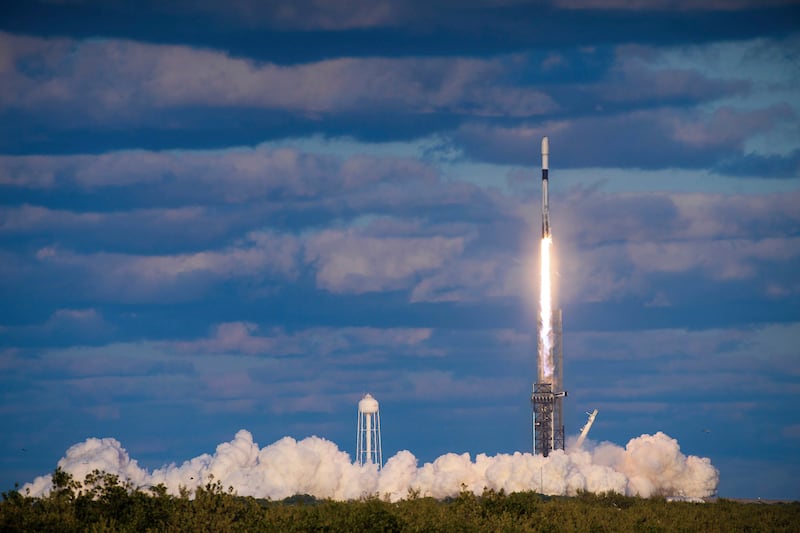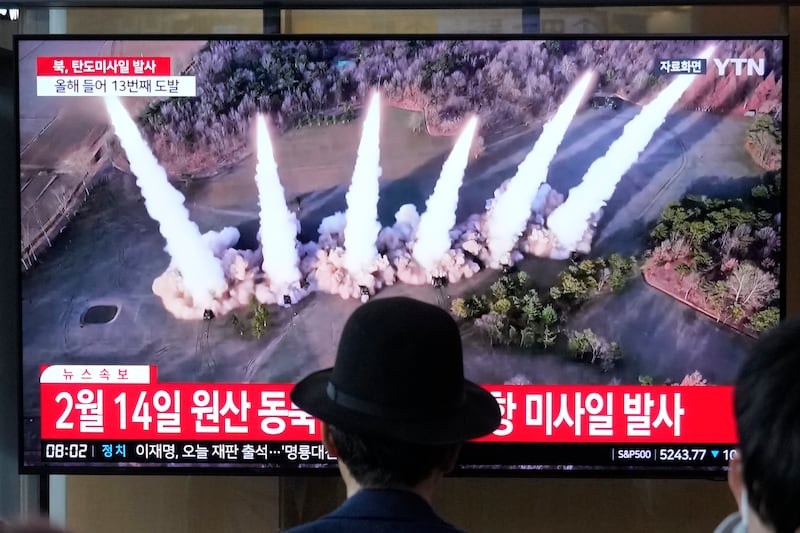WESTERN leaders have united to condemn North Korea after it launched a long-range rocket.
Pyongyang defied international warnings in going ahead with the launch just over a month after the secretive state carried out what it claimed was its first successful test of a hydrogen bomb.
Irish foreign affairs minister Charlie Flanagan joined leaders from across the western world in expressing outrage at the actions.
He said the move posed "a serious and direct threat to peace and stability in the region and beyond".
"It is a flagrant violation of North Korea's international obligations as set out in several UN Security Council resolutions," said Mr Flanagan.
"These irresponsible actions demonstrate once again the urgent need for engagement on nuclear disarmament by all stakeholders."
The British foreign office "strongly" condemned the launch.
"North Korea is fully aware that multiple UN Security Council Resolutions prohibit the use of ballistic missile technology," said a spokeswoman.
"We will work with allies and partners to ensure there is a robust response if the DPRK persists in violating these resolutions.
"We will also emphasise to North Korea through diplomatic channels that such actions will only serve to isolate the country further."
The test was followed swiftly by condemnation from South Korea, Japan and the international community.
US secretary of state John Kerry labelled the test "a flagrant violation of UN Security Council Resolutions".
Japanese prime minister Shinzo Abe said "we absolutely cannot allow this" as reports emerged that the rocket flight was visible from the southern island of Okinawa.
He added: "We will take action to totally protect the safety and well-being of our people."
North Korea's main ally China responded with a rare show of criticism of the country.
Chinese Foreign Ministry spokeswoman Hua Chunying said they "regret that, disregarding the opposition from the international community, the (North) side obstinately insisted in carrying out a launch by using ballistic missile technologies".
The rocket was fired from a launch pad on North Korea's west coast between 9.30am and 9.35am local time (1am-1.05am GMT) on a southern trajectory over the East China Sea.
Debris from the rocket crashed back to earth around 155 miles off the south-west coast of the Korean Peninsula around 14 minutes after take-off.
Footage from Japan's NHK broadcaster showed an object visible from the southern island of Okinawa believed to be the rocket in flight.
There was speculation that the test had in fact been a failure, although North Korea has had some success with past launches.
In December 2012 it successfully put a satellite into orbit, drawing condemnation from the international community.
Pyongyang claimed the latest rocket launch had successfully delivered a satellite into orbit and vowed to continue launching satellites in future.
In a statement read on the state-run channel North Korean TV an announcer said the launch had been ordered by Mr Kim.
